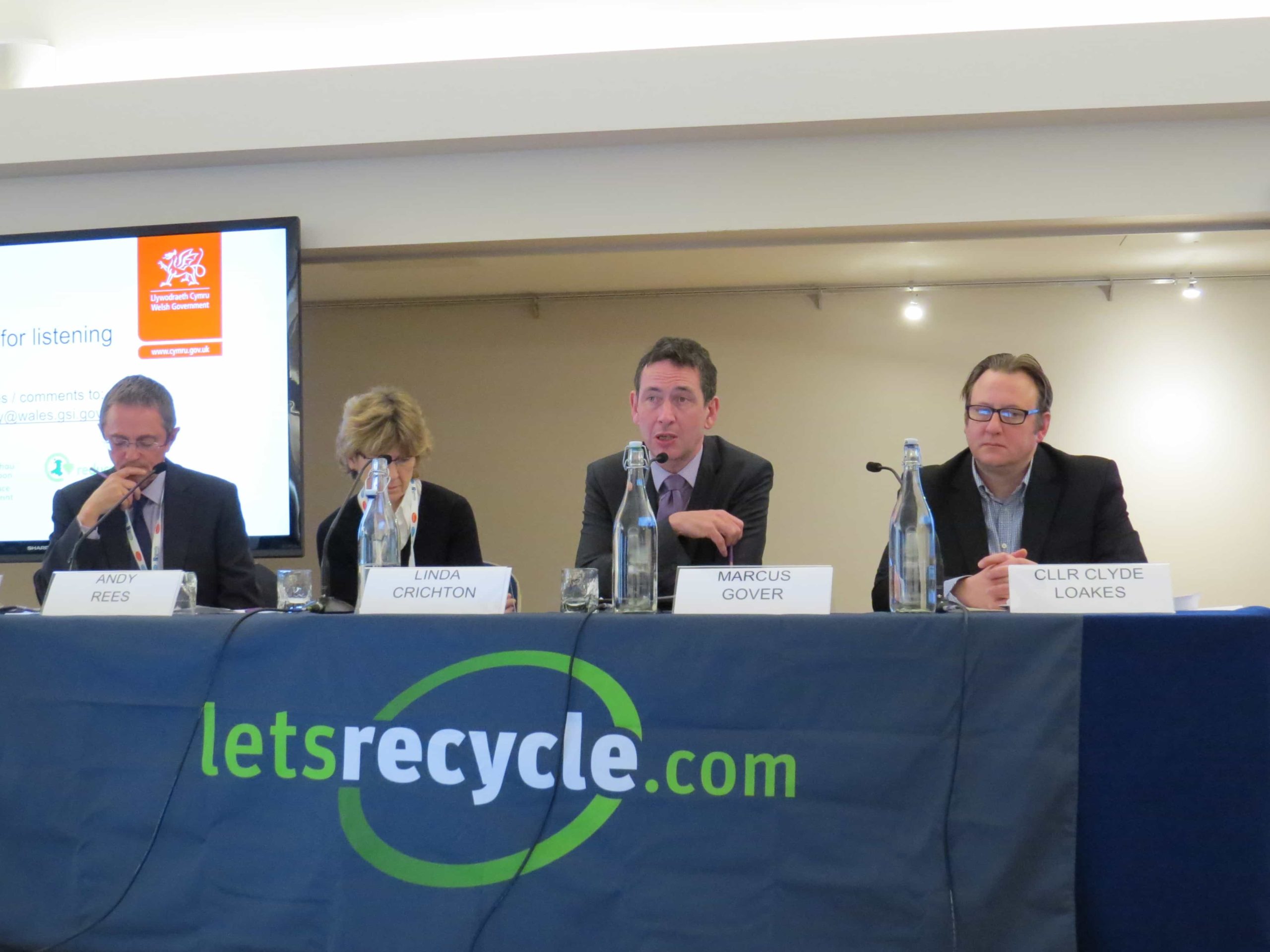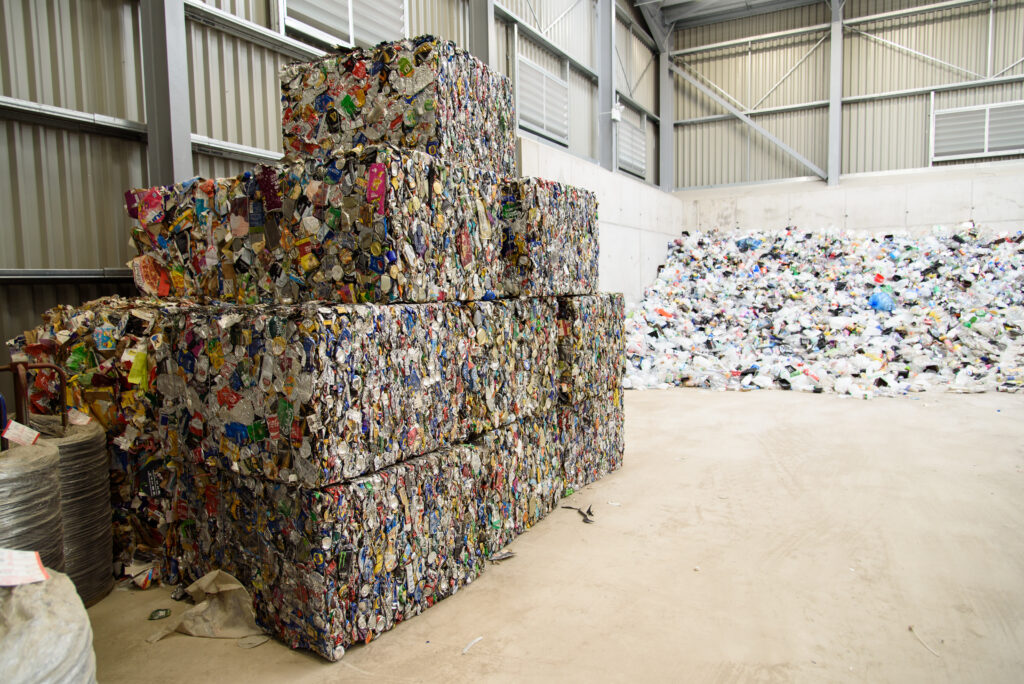Speaking to delegates at letsrecycle.com’s London Conference (10 March), Mr Gover offered an update on the resource charity’s work on behalf of Defra to examine ways to improve consistency of recycling collections, adding that there were around 20 different recycling systems in the capital alone.

He noted that WRAP is looking to ‘hold the hand of five or six’ local authorities who would be willing to adopt the charity organisation’s recommendations in order to provide case studies of how recycling can be improved by adopting more ‘standardised’ collection systems.
In 2014/15, overall recycling across London’s 32 boroughs dropped 0.8% to 33.1% – casting doubt over whether the city will be likely to meet the UK 50% recycling target by 2020. However, it is thought that London has even privately agreed with Defra that it might only be expected to reach 40%.
Mr Gover said: “90% of people understand why they should recycle and want to recycle, we just need to make it easy for them and stop them becoming confused.”
Examples
He gave examples of the cost and results of three options for collecting municipal waste: commingling; twin-stream; and multi-stream.
Mr Gover commented: “If the whole of England changed to commingling we would achieve a 52% recycling rate by 2025, add 3% to the cost and we would have to work hard to ensure that system complies with legislation. A twin-stream system with separate glass would cost 10% more and achieve 50% by 2025.”
“Multi-stream recycling gives the lowest cost option collecting six materials including food waste. The collection vehicles are much cheaper to buy and much cheaper to operate so this is the lowest risk approach.”
Mr Gover however insisted that the consistency drive is “not a diktat” for councils and will apply to all areas of the supply chain where waste is generated.
Asked how separate collections could work in London’s flats which typically have poor access to recycling facilities and transient populations, he said: “Milan has very successfully built in a multi-stream system in the city where the population speaks around nine different languages.”

Richard Tracey, London Assembly member and chair of the London Waste & Recycling Board (LWARB), meanwhile suggested that residents in his borough of Wandsworth have adopted the message that food waste should be disposed of as refuse in order to be “burnt” as use for energy at the Belvedere incinerator in South East London. He added it would be “very hard” to talk people out of this mindset.
Wales
Mr Gover’s enthusiasm for kerbside sort was echoed by the Welsh Government’s Andy Rees, who also explained the Welsh Government’s view on commingling in his presentation on how Wales was striving to meet its 70% target by 2025. Wales had generally moved to kerbside sort, he indicated. He added that the Government was ‘working with’ the few remaining boroughs in the principality which continue to provide commingled collections.
Asked how urban recycling problems in London compared to the more rural Wales, Mr Rees insisted that Cardiff city council has had to overcome similar storage issues for terraced houses and flats while maintaining separate collections.









Subscribe for free